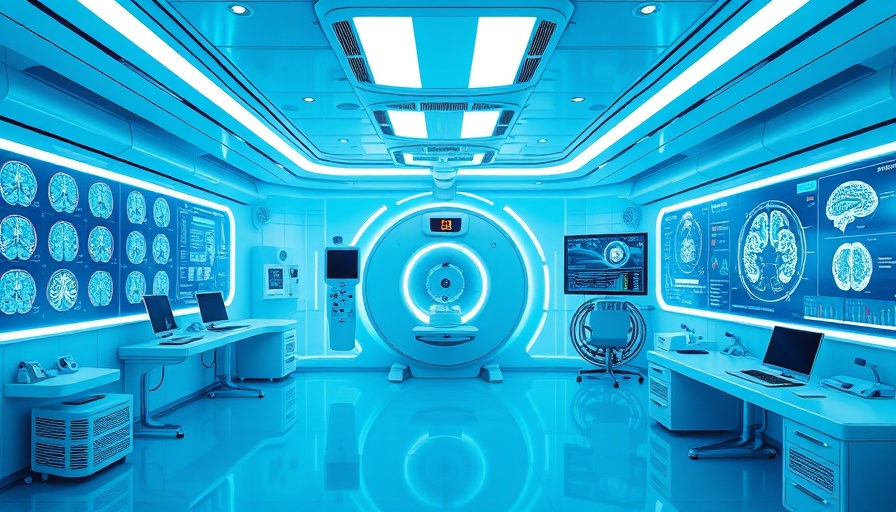
AI-Ready Data Is the Future of Radiology
The healthcare landscape is shifting dramatically as artificial intelligence increasingly infuses various sectors, especially radiology. As administrators and practitioners navigate through the overwhelming volumes of imaging data, the concept of AI-ready data has come to the forefront, emerging as the cornerstone of effective AI integration in medical imaging.
What Constitutes AI-Ready Data?
Understanding AI-ready data goes beyond the technical buzzwords; it refers to datasets that are meticulously curated to foster the efficient functioning of AI systems. In the realm of radiology, this includes:
- High-Quality Images: Images must be clear and correctly labeled to ensure precision in diagnoses.
- Comprehensive Annotations: Expert opinions and findings recorded in detail help provide a robust base for AI learning.
- Standardized Formats: Storing data in consistent formats like DICOM promotes interoperability.
- Rich Metadata: This involves coupling images with complete patient histories, allowing AI systems to deliver contextualized insights.
- De-identified and Secure: Ensuring patient privacy through stringent data governance is critical.
Why Is AI-Ready Data Crucial?
The quality of AI technologies emerges predominantly from the data it learns upon. Here are a few reasons AI-ready data serves as a foundation for effective radiology:
- Training Accurate Models: Machine learning algorithms thrive on diverse and well-annotated data, which boosts the accuracy in diagnostics.
- Driving Innovation: Robust data facilitates the development of innovative tools that can enhance diagnostic processes.
- Enhancing Patient Care: AI tools powered by quality data can help clinicians provide reliable and efficient patient outcomes.
Integrating AI-Ready Data into Healthcare Systems
As healthcare systems aim to maximize the potential of AI, integrating AI-ready data is non-negotiable. Planning involves substantial investments into data pipelines and governance, ensuring that valuable data is captured, stored, and analyzed appropriately.
Actionable Insights for Healthcare Providers
Healthcare professionals, especially those involved in radiology, should focus on implementing robust structures around data management to make the most of AI technologies:
- Invest in Training: Regular training on data handling and AI utilization can empower staff and enhance data quality.
- Promote Collaboration: Encourage partnerships across departments for seamless data sharing and improvement efforts.
- Advocate for Standardization: Push for standardized data formats to ensure compatibility, facilitating smoother AI integration.
The Future of AI in Radiology: Opportunities and Challenges
While the road ahead for AI in radiology seems bright, it is not without challenges. The need for high-quality, AI-ready data is paramount. As we navigate this transformation, it is crucial not only to grasp the opportunities but to also address the ethical implications and data privacy concerns that might arise.
Healthcare institutions must strike a balance to ensure that while they innovate, they remain strict guardians of patient information and their rights.
Conclusion
AI-ready data stands at the intersection of technology and health, promising a future where AI and healthcare work collaboratively to enhance patient outcomes. As the sector looks ahead, prioritizing data quality and accessibility will be essential. For healthcare professionals, now is the time to invest in building a foundation for AI-driven innovation that delivers better health outcomes.
 Add Element
Add Element  Add Row
Add Row 



Write A Comment